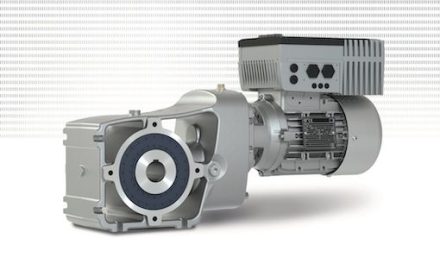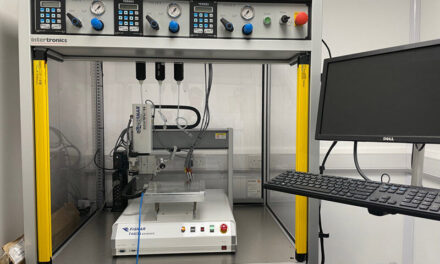 How often have you had a project that would be ideally suited to plastic but the part seems too large for injection moulding? Or maybe the section appears too thick?
How often have you had a project that would be ideally suited to plastic but the part seems too large for injection moulding? Or maybe the section appears too thick?
In terms of size Rutland Plastics has a wide range of injection moulding machines with a number at the larger end of the scale. The largest are capable of moulding parts up to 1.5m2 and 48kgs in weight depending on design and material. The company has a number of larger machines offering capacity and flexibility and is heavily committed to remaining at the forefront of the UK market for large injection mouldings.
Two of the largest machines are from a new compact range of moulding machines from Engel. Apart from a smaller footprint these machines also offer the ability to mould taller or longer parts than is currently possible on conventional moulding machines. Cycle time reduction is possible because of the high speed cylinders and fast locking action. These machines also offer energy savings of up to 60% in electricity consumption.
These latest additions are installed in a new production bay that has been purposely built to accommodate the company’s larger moulding machines.
Rutland Plastics are also specialists in thick section mouldings, in excess of 100mm in some cases. Choice of materials can be a crucial factor. Certain materials will not mould without voids or other defects common to thicker sections, such as sinks. It has been found through experience that polypropylene and polyethylene are both good polymers for producing void-free mouldings. Tool and component design are also key factors in producing mouldings that meet the requirements of the application.
One of the downsides to thick section moulding is the long cycle time required. Not just for the injection of the material but more importantly the cooling time necessary to produce mouldings that are stable once they are ejected from the mould. Although this may be costly in terms of machine time, the alternative may be even more costly, for instance the cost of machining from solid, either plastic or another material.
So, if you require a strong, large thick sectioned component, possibly void-free, do not dismiss injection moulding as an option. Of course, there are design considerations but Rutland Plastics would be happy to advise on these drawing on its vast experience in this field.
Midlands-based Rutland Plastics has been in business for more than 50 years, manufacturing a wide range of products including pipe fittings for the gas and water industries, invalid aids, agricultural products, electrical enclosures and recycling products.
In addition to injection moulding Rutland Plastics offers design and toolmaking to machining and assembly services, including sonic welding and gluing as well as being specialists in gas assisted moulding. It is also able to offer rapid prototyping in multiple materials using its Objet Connex 350 3D printer, either in conjunction with prospective moulding work or as a standalone service.
For more information, please visit www.rutlandplastics.co.uk


